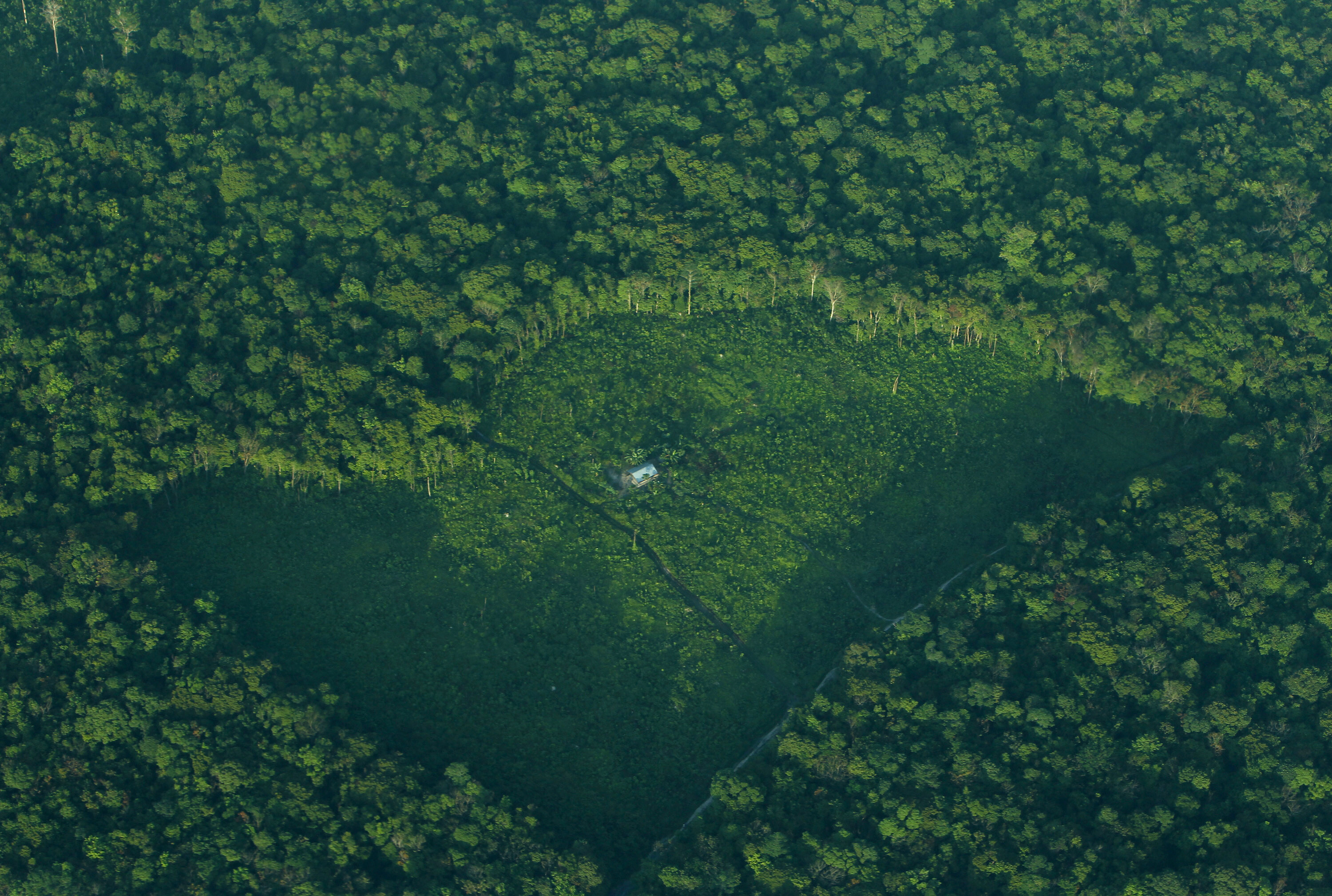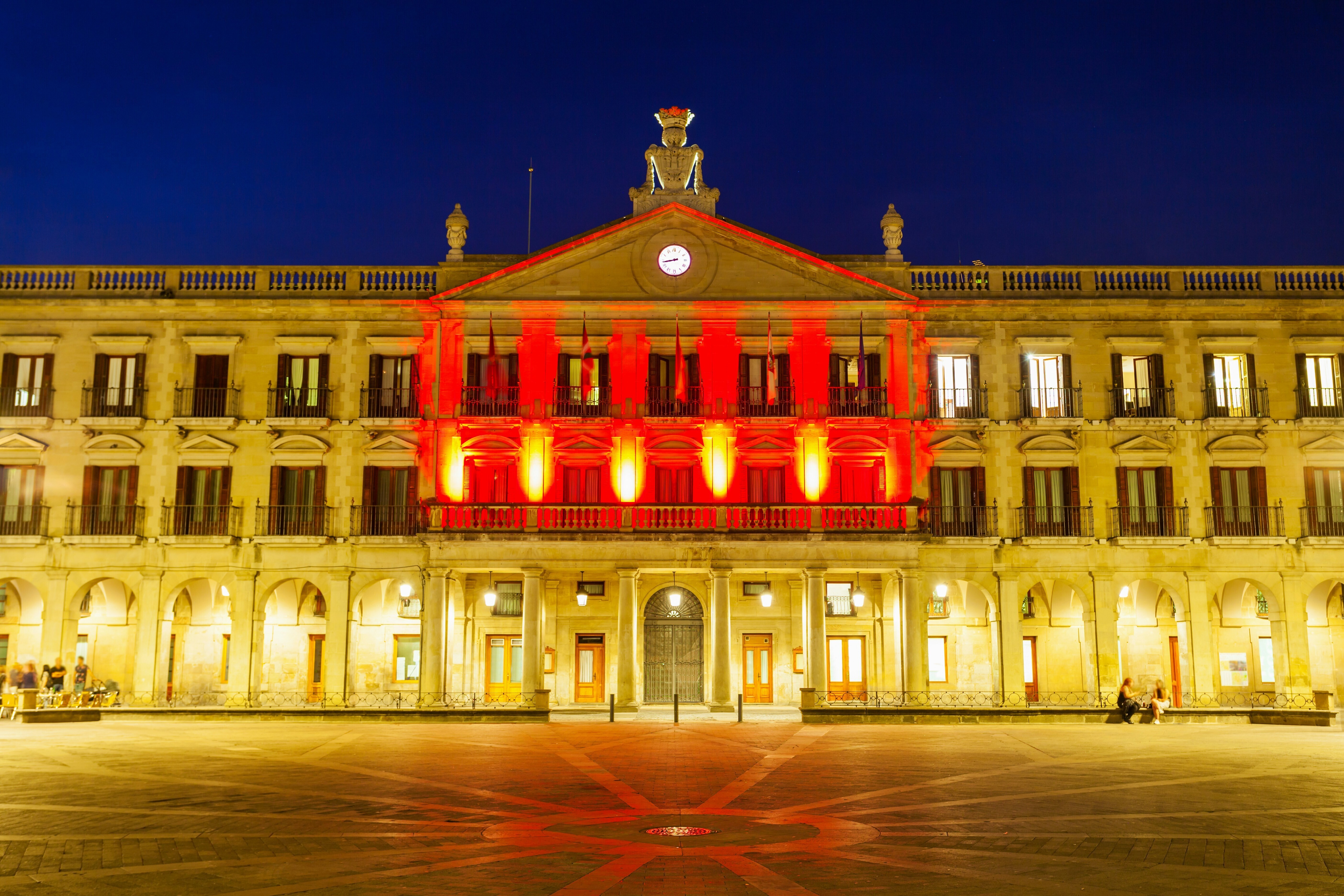Our food system needs an overhaul. Let’s start now

Image: REUTERS/Rick Wilking
Stay up to date:
Retail, Consumer Goods and Lifestyle
By 2050, driven by population growth, income growth and rapid urbanization, a global population of 9.7 billion will need 60% more food than is currently consumed worldwide. Feeding this growing population with both nutritious and sustainable food requires substantial improvements to what is currently a “broken” global food system. While agriculture and food are a common thread across all 17 of the United Nations Sustainable Development Goals, the issues – from soil health to public health – continue to be addressed separately, and the disconnect between the food we grow and the food we eat gets bigger.
At Unilever, we are committed to sustainable nutrition – to food that is both made and consumed sustainably. For us this means producing safe, high-quality, nutritious food that is accessible to all, with respect for the environment and less waste, benefitting the livelihoods of food growers and helping to improve the nutrition and wellbeing of consumers. We recognize the role we have to play as one of the largest food companies in the world to help redesign the global food system, so that it can provide a growing world population with healthy food from a healthy planet. The issues are complex and interconnected, and cannot be effectively addressed by viewing food production and food consumption separately. I believe that a holistic approach to improving nutrition (healthy people) and sustainable agriculture (healthy planet) is the only way to effectively reframe the global food system, and the most effective way we can contribute towards the Sustainable Development Goals.
We must also recognize, however, that the “broken food system” has resulted in a lack of consumer trust in “big food” companies. An external environment shaped by confusing, complicated and sometimes even contradictory nutrition guidance means that consumer trust in science and in scientific experts has often been diminished. It is not enough to fix the system that provides the food we eat, we must also rebuild consumer trust in the food industry, so that we can empower consumers to make healthier and more sustainable food choices every day.
Players in the food industry need to ensure that they are putting consumer health first and foremost when considering corporate policies towards issues like food labelling and marketing to children, and ensuring their activities encourage responsible consumption, so that healthier choices become easier choices for consumers.
Additionally, recognizing the impact of global climate change on the agriculture system, we big food companies must continue to make climate-smart interventions along supply chains, and encourage consumers to transition to more plant-based nutrition.
But this is just a start. And we cannot achieve such massive transformation to the global food system alone. That’s why I think that of all the Sustainable Development Goals, Number 17 – Partnerships for the Goals – is the most important. No single organization can fundamentally change our food system: collaboration, co-creation and partnerships with a variety of stakeholders are key. From the Sustainable Agriculture Initiative, to the Alliance for Good Breakfast in Kenya – a partnership between the UN World Food Programme, GAIN, the Health and Education Ministries and our fortified Blue Band spreads – we seek to collaborate with like-minded organizations to create food that tastes good, does good and doesn’t cost the earth.
We all – governments, NGOs, the food industry, farmers, suppliers, retailers and consumers – need to be more progressive in our thinking and behaviours if we are to make the Global Sustainable Development Goals a reality.
By mobilizing like-minded partners to view the food system holistically from production to consumption, I believe we can co-develop a new global food system that provides universal access to healthy, nutritious food, grown sustainably, while at the same time protecting the natural environment, improving livelihoods of producers and suppliers, and the health of consumers as well. I’d like to think that now is the time, in the spirit of responsive and responsible leadership, for us to come together to do just that.
Don't miss any update on this topic
Create a free account and access your personalized content collection with our latest publications and analyses.
License and Republishing
World Economic Forum articles may be republished in accordance with the Creative Commons Attribution-NonCommercial-NoDerivatives 4.0 International Public License, and in accordance with our Terms of Use.
The views expressed in this article are those of the author alone and not the World Economic Forum.
Related topics:
Forum Stories newsletter
Bringing you weekly curated insights and analysis on the global issues that matter.
More on Global CooperationSee all
Jake Yu
November 10, 2025
Demet Intepe
November 10, 2025
James See
November 7, 2025
Gill Einhorn and Jack Hurd
November 5, 2025
Christie Burley and Inés Yábar
November 5, 2025
Jeff Merritt and Andras Szorenyi
November 3, 2025





